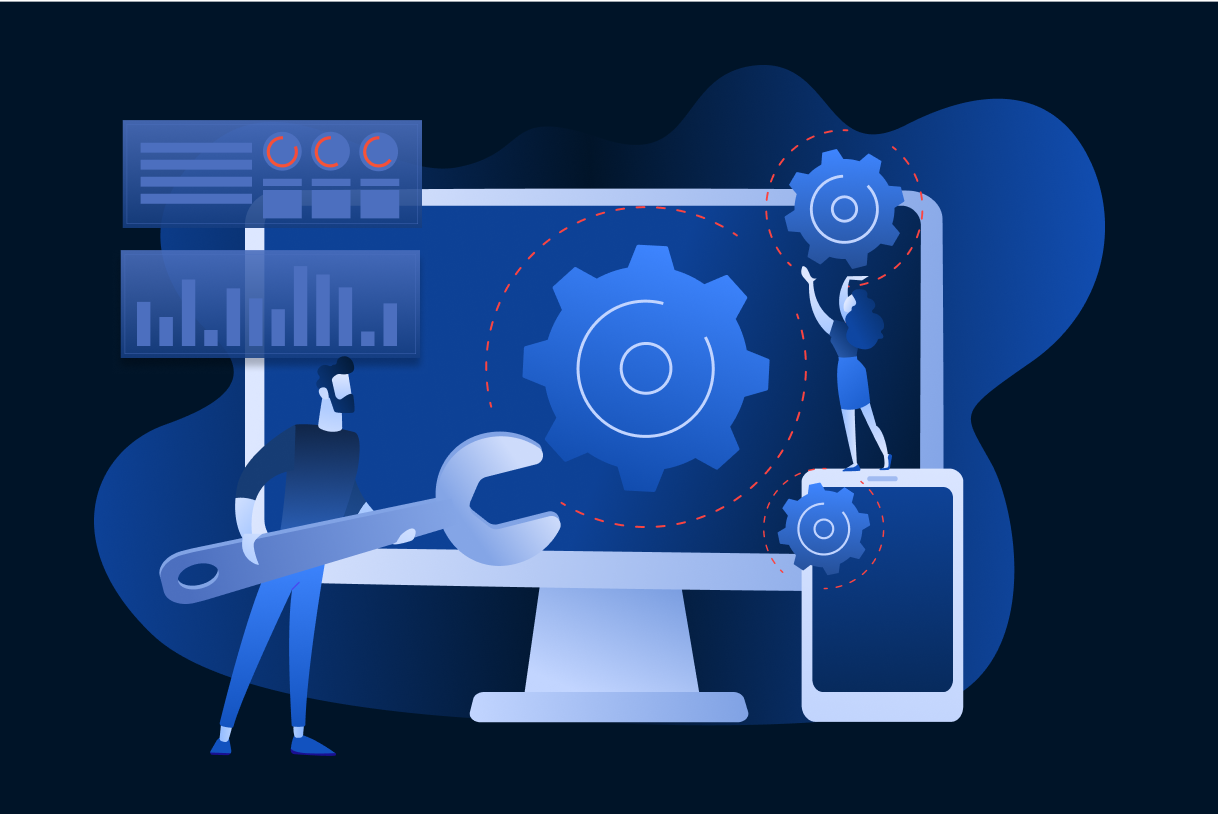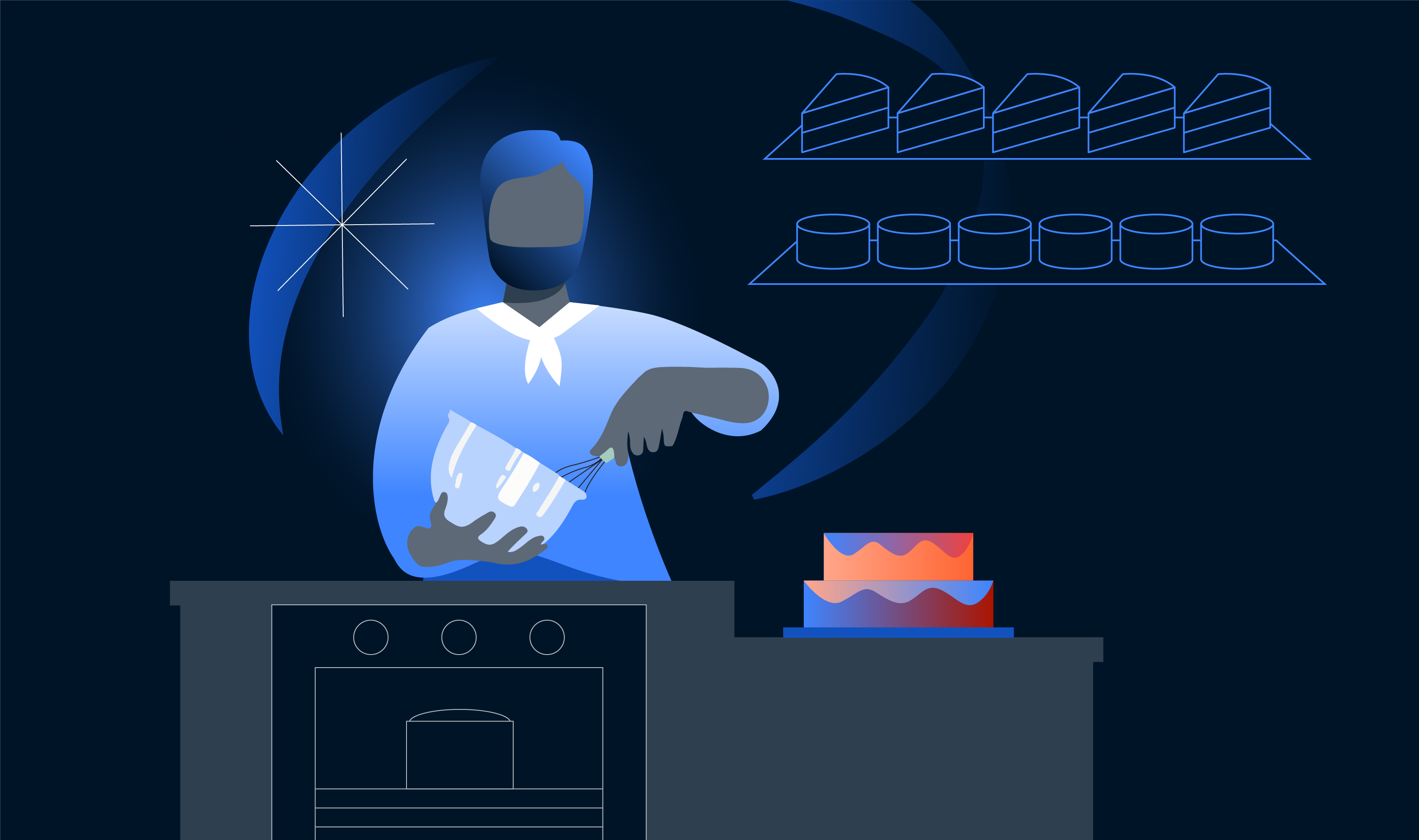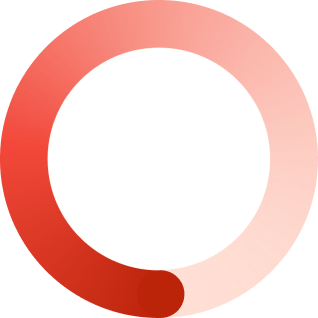Most people think that developing software is all about code and algorithms.
But, often, the biggest hurdle isn’t dealing with a stubborn compiler or a bit of tricky logic; it’s understanding the people who will use your software.
Everything Polymorph does has people at the heart of it. We are a passionate team that loves what we get to do for a living.
Yes, I know, we’re a software development company.
But we don’t do what we do just for the sake of developing and selling just any software. We build custom software that matters, software that changes the lives of our end users, our clients, and our employees. Our primary focus is always on the end user.

User-centric software development
Many believe that the basis for a successful software product is all about using the best technologies.
The sticking point is, that focusing solely on technology often misses out on understanding the users’ actual needs and leads to an irrelevant or overly complicated product.
We build custom software to serve a purpose for the end user. We don’t just build it how we or the Product Owner think it should be. We dive in deep. We get to understand our potential end users by researching
- their needs
- their expectations
- their frustrations
- their goals.
We do this with the help of our advisory services, which include concept design, prototyping, and software due diligence. We sometimes even spend time shadowing an end user to feel what it would be like to walk in their shoes.
User needs vary as much as users differ from one another and the environments they are in. There is no one-size-fits-all. The needs of a business person using a financial application for investments are quite different from kids in a rural area who share their parent’s devices.
Differences could include the type of devices these users would use and how much/little data they have access to. This could influence the technology we use to develop the specific software.
Once we know enough about their needs and challenges, we look at the possible avenues to address these. And we don’t just jump in with development. We design prototypes and test those with the users to confirm that they find the flow and experience the way we intended.
We also learn a lot from user interviews and inspect and adapt accordingly. Early validation saves a lot of time and rework and also ensures that the software we deliver will be useful and user-friendly for the end user. There is no value in a stable, beautiful application that nobody can or wants to use.
It is so rewarding to see the impact that the software we develop has on the lives of the end users. Most often, we will be developing custom software for a client, so we also need to consider the client’s needs and expectations.
Client-centric software development
We also work with the client/sponsor in mind when developing custom software. For a client, we need to focus on what they can afford, and how to give them the best value for their money within the budget, scope, and timeline constraints.
We need to consider how our custom software will grow their business, footprint, and/or ROI. Over the years, we worked with many clients on a diverse range of projects in a variety of industries e.g. banking, education, mining, retail and many more. Some case studies can be found here.
To build the right software it is important to understand the following:
- the value and needs of the software
- the usability of the software
- the technical feasibility, and
- the business viability of the software.
We have developed a free software calculator that companies that consider developing custom software can use to better their understanding of these categories that influence the way software is developed, and where we might be able to add value in the process.
We collaborate with clients during what we call a concept design phase. During this phase, a team with the necessary skill set will do proper investigation and analysis to ensure that we don’t just build the software better, but also build better software to meet a specific need.
This team would typically include a Product Manager, a Senior Architect, a Developer, a UX/UI Designer and a User Researcher. At the end of such a concept design, the client will receive a report detailing the suggested implementation plan, associated team, estimated costs and timelines, etc.
Feedback from Jade from the Author’s academy after we concluded a concept design with them:
“It was epic to work with a wide-ranging skill set team of enthusiastic yet realistic specialists. The concept design process was not only thorough but eye-opening and the biggest value-add we’ve had on the project to date.”
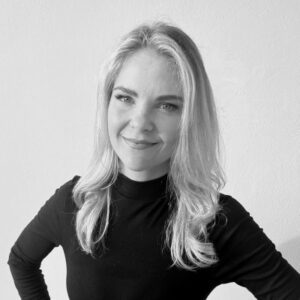
Author's Academy
Once the concept design phase is concluded, the development phase can kick off, and a suitable team will be supplied to develop the product(s). We work closely with a Product Owner on the client side that prioritises features and confirms that requirements are as per client expectations.
We also provide optional support/maintenance services to ensure that the product(s) remain compatible with the latest software updates and continue to meet the needs of the end users.
That brings us to our enthusiastic yet realistic specialists, also known as our awesome team of skilled employees.
Employee-centric
Employee wellness is important
Polymorph understands that each employee is more than just a number and supports a positive work-life balance.
That includes access to tools to build resilience (like Neurozone, an app focused on reducing burnout, which is built by one of our sister companies), and voluntary online mental health sessions via a third-party provider.
Team members are also encouraged to not work after hours, to take leave when they need to, and to raise any concerns/unhappiness so that it may be addressed soonest.
We also get to engage with one another and have fun together. Instead of a year-end function, we rather have a Family Day where we get everyone together (including spouses, partners and kids), and just spend time together in beautiful surroundings with great food and company. We also regularly connect as colleagues in various ways in person or remotely.
Connected in a distributed environment – some perks
Team members can work from anywhere in South Africa, but we only have an office in Stellenbosch in the Western Cape at the moment.
We mostly rely on Meet/Teams for video calls for our daily standups and other sprint ceremonies and collaborate on online tools like Miro, Google Drive and Azure Devops to stay aligned on project progress, status and expectations.
Team members that opt to work from the office get to work in a spacious and beautiful environment, with a kitchen and a nice ‘chill’ area. Additional in-office perks include free lunch from a list of providers with a wide range of meals to choose from.
There is also a coffee machine with ‘proper’ coffee for the coffee lovers. The office is also equipped with solar panels, so loadshedding is a non-issue for office-goers. Non-office-goers are supplied with UPSs so that we can continue working during loadshedding.
Polymorph creates opportunities for remote team members also to get to know one another and spend some face-time once a quarter when we co-locate in Cape Town/Stellenbosch (known as Team Day). We often use those trips to celebrate our milestones as project teams. We recently embarked on a co-located workday every few weeks for the Gauteng team, where we work together from a suitable remote workspace.
Some Team Days are just fun days where we hang out together, like when we went on the red bus and atop Table Mountain. Others are more focused on building our culture and our strategies and discussing the way forward. We also have some non-project Slack channels where we get to relate on a range of topics ranging from tech, pets, puns, etc.
Career development
We’re not just about working and having fun, but also growing our skillsets and careers. Each employee gets to build out a personal career plan using SFIA with their line manager. Employees have the opportunity to learn and grow, whether it be by:
- Reading blog posts
- Mentorship
- Pair programming
- Attending/presenting online/physical courses or conferences.
We like to stay up to date with new development technology and better ways of work to stay relevant in a changing world.
Giving back to the community
We love WeThinkCode, a non-profit tertiary education company dedicated to helping students be the best they can be, especially in the Software Industry. Many of our employees are student mentors in the program and offer them life, career and technical guidance so that they can become excellent software developers and team members.
Final Thoughts
The Polymorph culture and way of work make a positive impact in the lives of our clients, our end users and our employees alike.
As Maggie Wanjiru, one of our Senior Product Managers, so eloquently summarised it:
“The very first thing that comes to mind is the Polymorph culture and Polymorph’s absolute commitment to putting people over process. Humans come first, which includes the employees and their families, our clients and the people who end up using the products that we build.”

Senior Product Manager, Polymorph
I feel blessed and thankful that I get to be part of the Polymorph family, and that I can share in this culture of caring and quality. We all have a shared responsibility to remain human, and care about each other, our clients and our end users in a changing world.
Proudly Polymorph for 10+ years. We deliver bespoke software solutions that make a difference.
Interested in joining our awesome team?
Head over to our career page to view our open positions
